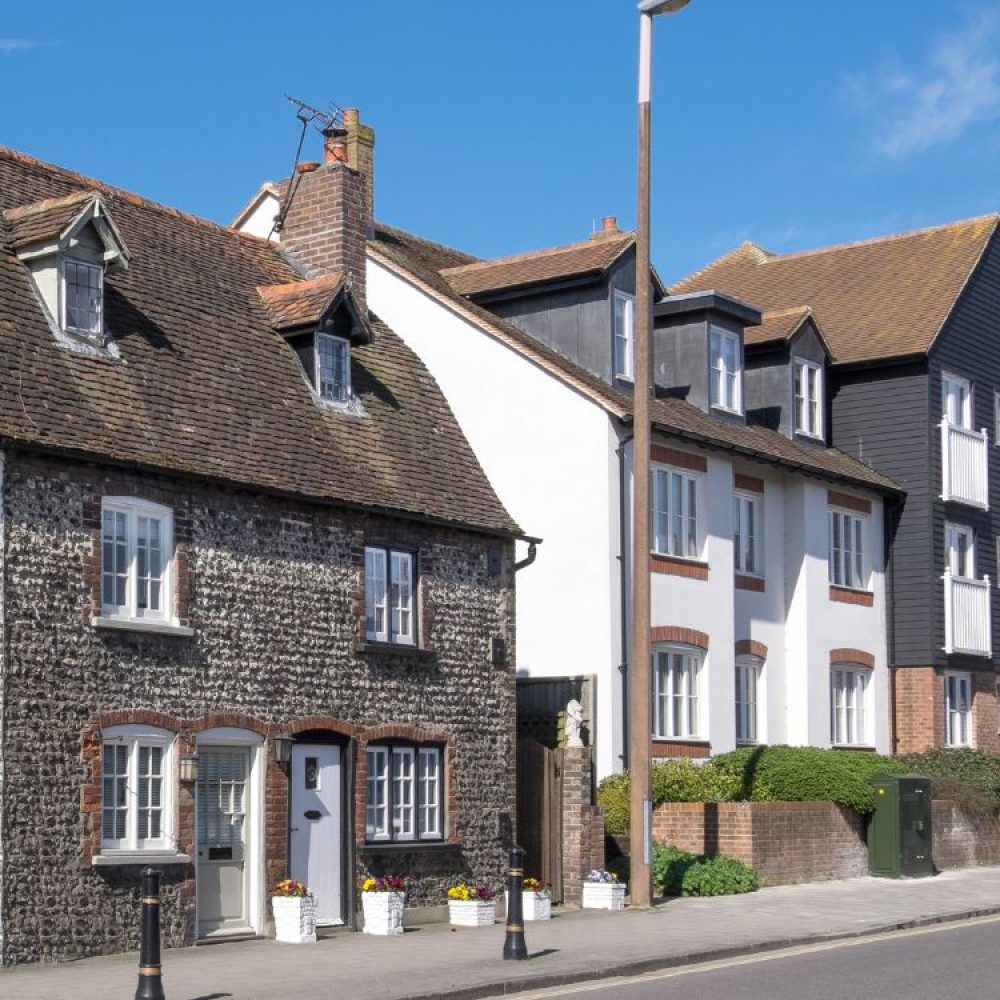
Home » Right to buy mortgages » Joint Borrower Sole Proprietor Right to Buy Mortgage
If you’re a council tenant looking to buy your home through the Right to Buy scheme, you might have come across the phrase “Joint Borrower Sole Proprietor mortgage” (also known as JBSP). But what exactly does it mean, and could it be the right choice for you? Here’s a clear, straightforward guide to help you make sense of it.
A JBSP mortgage allows two or more people to take out a mortgage together, but only one person legally owns the home. The borrower listed as the owner on the property title is known as the sole proprietor. Meanwhile, joint borrowers are typically close family members who help the sole proprietor meet affordability criteria.
In short, the property deeds are registered under one name, while others help boost affordability without claiming ownership rights.
Get personalised advice from our Right to Buy specialists and learn how a JBSP mortgage can make homeownership possible.
Contact us nowThe Right to Buy scheme helps council tenants purchase their rented property at a discounted rate. However, even with the discount, some tenants find it challenging to secure a mortgage due to affordability requirements, such as income restrictions and credit history.
This is where a Joint Borrower Sole Proprietor mortgage becomes useful. By applying alongside family members who have higher incomes, tenants can satisfy lenders’ affordability criteria more easily. It offers tenants a practical route to homeownership, even when their personal income alone wouldn’t meet lenders’ standards.
Improved Affordability: Combining incomes can help meet lending criteria, improving your chances of being approved for a mortgage.
Retain Ownership Control: Despite multiple borrowers helping with affordability, only one person holds the legal ownership, protecting your right to own the home independently.
Secure Discounted Home Ownership: With Right to Buy offering attractive discounts, JBSP can make homeownership achievable for tenants who would otherwise struggle to get a mortgage.
As only one individual legally owns the home, it’s vital to clearly agree upon financial contributions and expectations. All joint borrowers are responsible for paying the mortgage, but they won’t have automatic legal rights to the property or a share in its equity.
If you’re considering a JBSP mortgage, always discuss it thoroughly with your financial advisor or a specialist mortgage broker to ensure you understand all tax implications and potential financial responsibilities for everyone involved.
Not every lender offers Joint Borrower Sole Proprietor mortgages. It’s essential to speak with a mortgage broker familiar with Right to Buy JBSP mortgages to find a suitable lender and secure the best terms possible.
No. Only eligible council or housing association tenants who qualify for the Right to Buy scheme can apply. Typically, joint borrowers are family members or close relatives willing to help financially, even though they will not become legal property owners.
No. With a JBSP mortgage, only one person (the sole proprietor) owns the property legally. The other borrowers help support affordability but do not hold any ownership stake or rights in the property.
Joint borrowers can usually be removed from the mortgage if the sole proprietor’s circumstances change, allowing them to qualify for the mortgage independently. This process typically involves remortgaging or requesting lender approval to change the mortgage structure.
Legally, yes, the sole proprietor owns the property and can choose to sell it. However, practically, the mortgage lender will often require agreement from all joint borrowers before any major decisions or property sales, as all parties remain jointly responsible for repayments.
No, not all lenders provide JBSP mortgages, particularly for Right to Buy. It’s advisable to consult an experienced mortgage broker who can guide you to lenders specialising in this type of mortgage.
All borrowers named on the mortgage agreement are legally responsible for repayments, though arrangements on who actually pays can vary between borrowers. It’s recommended to clearly define financial responsibilities before proceeding.
Yes. One of the main advantages of the Right to Buy scheme is that the substantial discount offered can usually count towards the mortgage deposit, reducing the initial financial outlay required.
Yes, there can be tax implications, especially regarding inheritance tax or stamp duty considerations. Always seek specialist tax advice or legal consultation when entering into a JBSP mortgage arrangement.
Although it’s not legally mandatory in every situation, independent legal advice is strongly recommended to clarify obligations, protect everyone’s interests, and avoid future disputes or confusion.
Typically, Right to Buy mortgage applications, including JBSP arrangements, take around 8–12 weeks to complete, though this can vary depending on the lender, council processing times, and individual circumstances.
Can you get a mortgage with a default?
How does a bad credit Mortgage differ from a traditional mortgage?
Right to buy: Can I buy my council house?
Do You Need a Mortgage for Right to Buy?
Buy to let mortgage with bad credit
Can you get a mortgage on your own?
How much deposit do I need to for a first-time buyer mortgage in London?
Advisers for self-employed London
Mortgage on a leasehold property
How to find the best Right to Buy mortgage deals
What is a first charge mortgage? Explained
What are the potential risks and drawbacks of obtaining a bad credit mortgage?
Understanding Sole and Joint ownership of the property: advantages and disadvantages
What happens when my fixed-rate mortgage ends?
How to find the best fixed-rate remortgage deals
Single brick construction mortgage
Do I need a mortgage adviser in the UK?